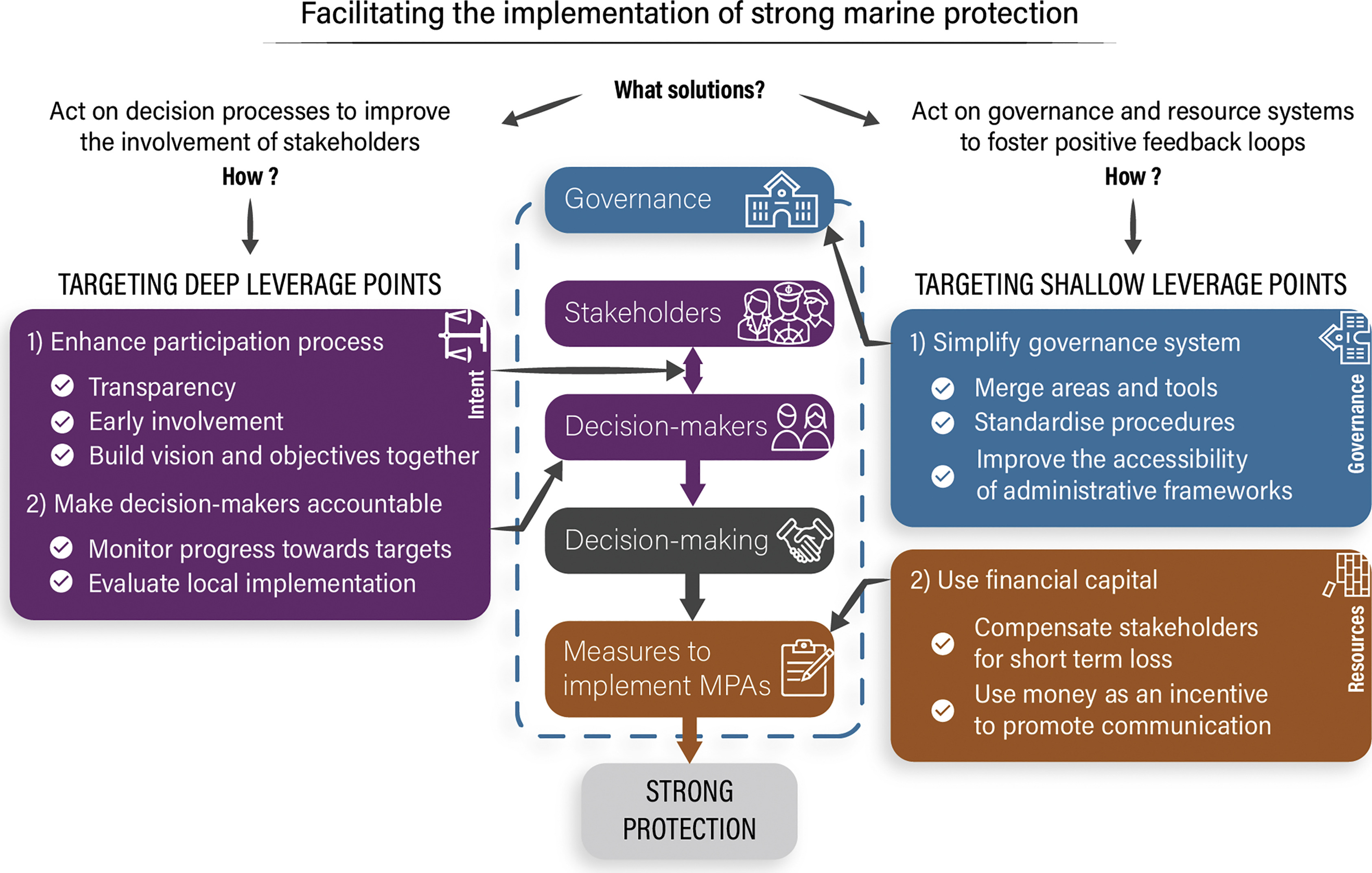Elsevier,
Food and Bioproducts Processing, Volume 135, September 2022
Ultrafiltration with ceramic membranes of olive oil washing wastewater has been demonstrated to be an interesting alternative as a previous step for the recovery of phenolic compounds, which have outstanding antioxidant characteristics. In this way, the treatment of these wastewaters should be based on reusing water and, at the same time, on recovering valuable compounds.
Elsevier,
Food and Bioproducts Processing, Volume 135, September 2022
The roadmapping exercise looking at the quantitative modelling of cleaning and decontamination held in 2021 identified a number of factors as common to cleaning and decontamination across many sectors. Tackling new challenges such as the food-water-energy nexus and the wider sustainability agenda means that Sinner’s circle, often used to frame discussions of cleaning in the food sector, needs an upgrade.
Elsevier,
Clinical Imaging, Volume 89, September 2022
This Editorial sharing the experiences of a Radiology Department-led Racial and Socal Justice Book Club supports SDGs 10 and 8 by describing the ways they made an intentional effort to normalize discussions about racial and social (in)justice and examine everything through an anti-racist lens.
Elsevier,
The Lancet Regional Health - Americas, Volume 13, September 2022
This Article supports SDGs 3 and 16 by measuring the rate of heart transplantation among Black and White waitlist candidates. The findings suggest that transplantation rates, as well as the rate of delisting for death or clinical deterioration, has worsened for Black candidates compared with White candidates, and that the causes for this disparity require further study.
Elsevier, Food Quality and Preference, Volume 100, September 2022
Future sustainable food systems should more efficiently use natural resources and reduce food waste. Upcycled food – foods elevated in value through ingredients otherwise wasted or previously thought inedible – constitutes a new approach contributing to this much needed transition. Successful market launches of such foods requires favourable consumer perception of these products, knowing the factors determining acceptance, and an adequate communicational framing of the new concept.
Elsevier,
The Lancet Regional Health - Western Pacific, Volume 26, September 2022
This Article supports SDG 3 by highlighting that a substantial proportion of dementia in First Nations peoples in Far North Queensland could potentially be prevented, as half of the burden of dementia in this population may be attributed to 11 potentially modifiable risk factors.
Elsevier,
Current Developments in Nutrition, Volume 6, September 2022
This paper highlights that despite living in a rich biodiverse food environment, there was poor access to diverse food sources and suboptimal consumption of balanced diets among Munda tribal women, thus contributing to high nutrient inadequacies. However, women who had better Indigenous Food (IF) consumption and dietary diversity demonstrated better nutrient intakes, especially for micronutrients. The paper is specific to Munda women of Jharkhand and may not be generalizable but the factors that affected the food consumption and nutritional status in this community, could help in understanding the contribution of the IF environment in addressing malnutrition of other indigenous communities living in similar geographical terrains of India.

